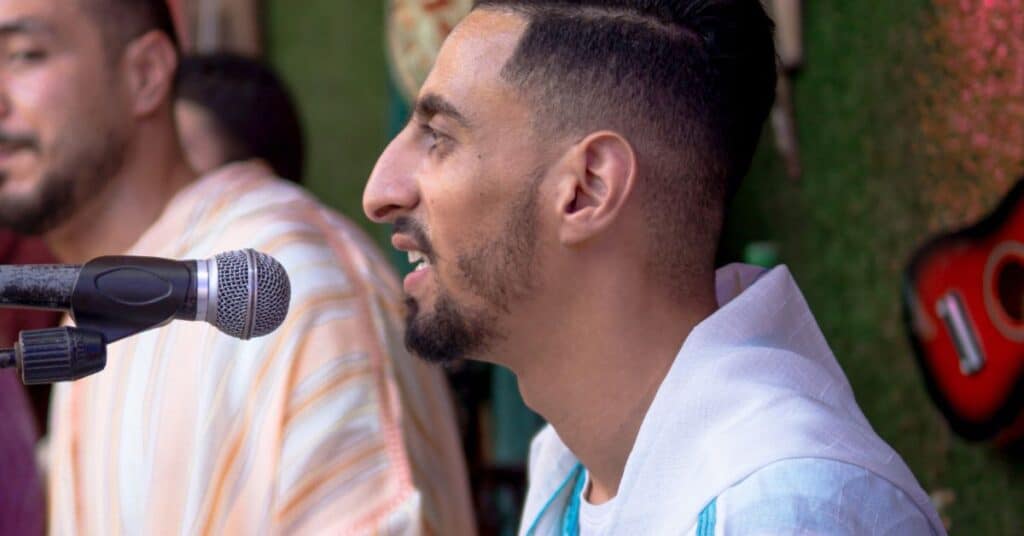Music without Instruments is called ACAPPELLA. It brings out the beauty of the composition of any musical piece, and it increases the Choir’s confidence in presentations of special anthems.
What Is Music?
Music are sound that are pleasant to the ear.If it is not pleasant ,it has turned to be a NOISE.
What Is Acappella{MUSIC WITHOUT INSTRUMENT}
A cappella music describes the art of singing together without musical accompaniment by instruments. Vocal and instrumental voices work together to produce fantastic results.
Again, A cappella describes music that does not require any instruments. Strictly speaking, the human voice is also an instrument.
Whoever wants to sing beautifully also has to practice diligently. When a choir sings a piece without instruments, it’s often more difficult – because when you listen, you can tell how good (or bad) the Choir is much better.
No wonder choirs are sometimes a little afraid of Cappella music.
Even though a cappella, or all Cappella, describes music “from the chapel” and is often associated with choirs, modern Cappella songs rarely have anything to do with classical music.
The contemporary Cappella bands, which consist of groups of different sizes, mostly four to six people, create compositions in various music genres with their different singing voices.
A cappella groups are very popular, not just because of the numerous Cappella concerts by the many different bands.
The well-attended Cappella championships, competitions, and festivals show that interest in Cappella music has grown.
YOU CAN CHECK THIS ARTICLE ,MUSIC AND MENTAL HEALTH .CLICK HERE
A Cappella – A Small Historical Excursion
The term comes from Italian and means something like “in the manner of the chapel.”
At the end of the 15th and the following centuries, the Cappella style found its way into churches.
From then on, even in the Sistine Chapel, mainly vocal music was used, with the voice predominating but with moderate support from the instruments.
“Unisono” describes the technique of having all the instruments play the same melody together, which was given by the voice in this case.
From the 17th century, Cappella pieces were an integral part of sacred cantatas.
Brahms Initiates A Change
A reinterpretation of the term is not least due to the German composer Johannes Brahms, who rediscovered the old choral music in the mid-19th century and wrote his pieces in the same style.
At that time, the term was coined as a form of music performed exclusively vocally and without instruments – a definition that has persistently solidified in most people’s minds today.
The knowledge of the original meaning, which includes the participation of instruments, is probably only available to those who are technically interested and professional musicians.

Entry Into Popular Music
In the USA, at the beginning of the 20th century, numerous formations were founded that exclusively presented vocal music.
Above all, the term barbershop singing should be familiar to many.
This is a cappella music in which a four-part chord consisting of tenor, bass, baritone, and lead (below the tenor) is sung – most groups, therefore, sang in quartets, but barbershop choirs were also possible.
The American doo-wop, represented by numerous bands in the hit parades in the 1950s and led white American youth to black music, developed into a mass phenomenon.
A Cappella Today
Nowadays, the genre is mainly represented by four to six-piece vocal ensembles, which mainly reinterpret pop and rock classics of the past decades.
Especially new arrangements of well-known songs in a cappella style enjoy great worldwide popularity and offer a cappella band’s chances of success.
Big tours, up to complete music festivals under the banner of vocal music, are the status quo.
Music And Mental Health{Bitter Truth}
“Acapella, A-Cappella…?” – The Correct Spelling
When it comes to the correct spelling of the term, one often encounters perplexity and assumptions. The Duden refers to the correctness of a cappella.
Hyphenation is recommended for word associations such as a cappella music, with the initial “A” capitalized if the association ends with a noun, as in this case (“music”).
If the term is not at the beginning of the sentence, the “a” in “a cappella” may be written in lowercase. The spelling “acapella” is incorrect simply because it lacks the second “p.”

